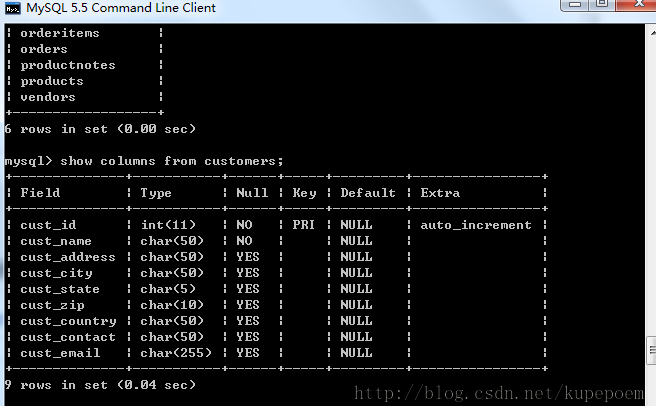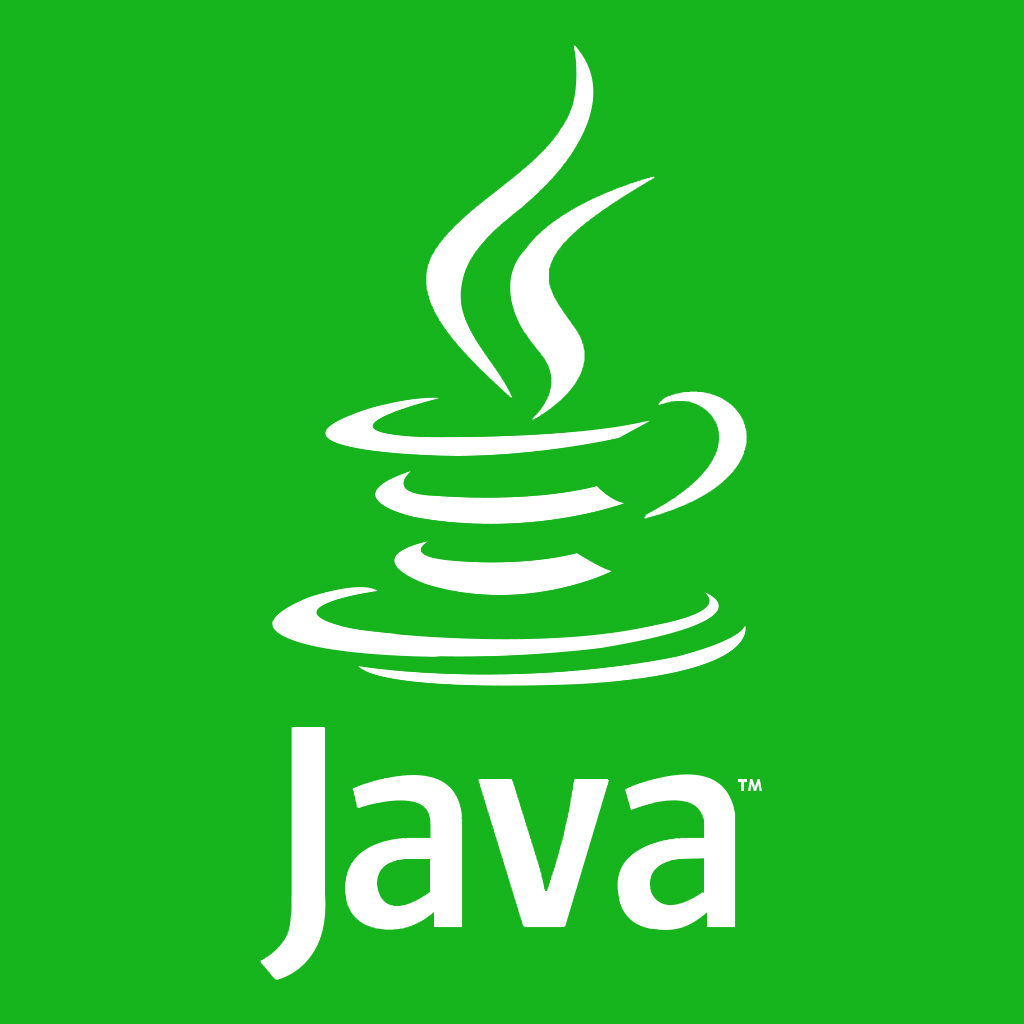Recommended 10 maximum and minimum special effects (collection)
The following example demonstrates how to find the maximum and minimum values in an array through the Collection.max() and Collection.min() methods of the Collection class: /* author by w3cschool.cc File name: Main.java */import java.util.Arrays;import java.util.Collections;public class Main { public static void main(String[] args) { Integer[] numbers =
1. Recommended 10 arrays to obtain special effects (collection)

Introduction: The following example demonstrates how to find the maximum and minimum values in an array through the Collection.max() and Collection.min() methods of the Collection class: /* author by w3cschool .cc File name: Main.java */import java.util.Arrays;import java.uti...
2. Articles about creating groups Recommended

Introduction: mysql data grouping SQL aggregate functions can be used to summarize data. This allows us to count rows, calculate sums and averages, and get maximum and minimum values without retrieving all the data. All calculations so far have been performed on all data in the table or on data matching a specific where clause. As a reminder, the following example returns the number of products provided by supplier 1003: Input: select count(*) as mun_prods from products&...
##3. mysql data grouping: Create grouping

4.
Java Example - Array Gets the Maximum and Minimum Value

5.
Basic knowledge of java program running
 ##Introduction: Each JVM thread will create a private thread stack when it starts. A jvm thread stack is used to store stack frames. The jvm thread stack is very similar to the stack in C language. It is responsible for managing local variables and some operation results, and is also involved in function calls and function returns. The size of the running thread stack in the JVM specification can be fixed or dynamically allocated, or it can be calculated according to certain rules. Different jvm's implementation of the stack will be different. Some may provide developers with ways to control the initial size of the jvm thread stack; for dynamic allocation, they may also provide settings for the jvm's maximum and minimum values.
##Introduction: Each JVM thread will create a private thread stack when it starts. A jvm thread stack is used to store stack frames. The jvm thread stack is very similar to the stack in C language. It is responsible for managing local variables and some operation results, and is also involved in function calls and function returns. The size of the running thread stack in the JVM specification can be fixed or dynamically allocated, or it can be calculated according to certain rules. Different jvm's implementation of the stack will be different. Some may provide developers with ways to control the initial size of the jvm thread stack; for dynamic allocation, they may also provide settings for the jvm's maximum and minimum values.
6.
How to access the index maximum and minimum values min/max scan ##Introduction:?? What optimizations has ORACLE done to access the maximum and minimum values of the index? Are there any restrictions on different versions? The index is stored in order. Therefore, to obtain the maximum value of the index, you only need to scan the rightmost (leftmost desc index) leaf block. For the minimum value, you only need to scan the leftmost (rightmost desc index) leaf block. In RBO There is such an optimized access path in . See below
##Introduction:?? What optimizations has ORACLE done to access the maximum and minimum values of the index? Are there any restrictions on different versions? The index is stored in order. Therefore, to obtain the maximum value of the index, you only need to scan the rightmost (leftmost desc index) leaf block. For the minimum value, you only need to scan the leftmost (rightmost desc index) leaf block. In RBO There is such an optimized access path in . See below
7. Js Get the Maximum and Minimum Values of an Array Sample Code_javascript Skills
Introduction: When working on a project, you encounter a query content that is returned Inside, only the maximum and minimum values are taken. There is a good example below. Interested friends can refer to
8. Detailed Explanation of Binary Trees for JavaScript Data Structures and Algorithms_ Basic knowledge
Introduction: This article mainly introduces the detailed explanation of binary trees in JavaScript data structures and algorithms. This article explains the concept of binary trees, the characteristics of binary trees, and the definition of binary tree nodes. To find the maximum and minimum values, friends in need can refer to the following
[Related Q&A recommendations]:
The above is the detailed content of Recommended 10 maximum and minimum special effects (collection). For more information, please follow other related articles on the PHP Chinese website!

Hot AI Tools

Undresser.AI Undress
AI-powered app for creating realistic nude photos

AI Clothes Remover
Online AI tool for removing clothes from photos.

Undress AI Tool
Undress images for free

Clothoff.io
AI clothes remover

AI Hentai Generator
Generate AI Hentai for free.

Hot Article

Hot Tools

Notepad++7.3.1
Easy-to-use and free code editor

SublimeText3 Chinese version
Chinese version, very easy to use

Zend Studio 13.0.1
Powerful PHP integrated development environment

Dreamweaver CS6
Visual web development tools

SublimeText3 Mac version
God-level code editing software (SublimeText3)

Hot Topics
 Top 4 JavaScript Frameworks in 2025: React, Angular, Vue, Svelte
Mar 07, 2025 pm 06:09 PM
Top 4 JavaScript Frameworks in 2025: React, Angular, Vue, Svelte
Mar 07, 2025 pm 06:09 PM
This article analyzes the top four JavaScript frameworks (React, Angular, Vue, Svelte) in 2025, comparing their performance, scalability, and future prospects. While all remain dominant due to strong communities and ecosystems, their relative popul
 Spring Boot SnakeYAML 2.0 CVE-2022-1471 Issue Fixed
Mar 07, 2025 pm 05:52 PM
Spring Boot SnakeYAML 2.0 CVE-2022-1471 Issue Fixed
Mar 07, 2025 pm 05:52 PM
This article addresses the CVE-2022-1471 vulnerability in SnakeYAML, a critical flaw allowing remote code execution. It details how upgrading Spring Boot applications to SnakeYAML 1.33 or later mitigates this risk, emphasizing that dependency updat
 How do I implement multi-level caching in Java applications using libraries like Caffeine or Guava Cache?
Mar 17, 2025 pm 05:44 PM
How do I implement multi-level caching in Java applications using libraries like Caffeine or Guava Cache?
Mar 17, 2025 pm 05:44 PM
The article discusses implementing multi-level caching in Java using Caffeine and Guava Cache to enhance application performance. It covers setup, integration, and performance benefits, along with configuration and eviction policy management best pra
 Node.js 20: Key Performance Boosts and New Features
Mar 07, 2025 pm 06:12 PM
Node.js 20: Key Performance Boosts and New Features
Mar 07, 2025 pm 06:12 PM
Node.js 20 significantly enhances performance via V8 engine improvements, notably faster garbage collection and I/O. New features include better WebAssembly support and refined debugging tools, boosting developer productivity and application speed.
 How does Java's classloading mechanism work, including different classloaders and their delegation models?
Mar 17, 2025 pm 05:35 PM
How does Java's classloading mechanism work, including different classloaders and their delegation models?
Mar 17, 2025 pm 05:35 PM
Java's classloading involves loading, linking, and initializing classes using a hierarchical system with Bootstrap, Extension, and Application classloaders. The parent delegation model ensures core classes are loaded first, affecting custom class loa
 Iceberg: The Future of Data Lake Tables
Mar 07, 2025 pm 06:31 PM
Iceberg: The Future of Data Lake Tables
Mar 07, 2025 pm 06:31 PM
Iceberg, an open table format for large analytical datasets, improves data lake performance and scalability. It addresses limitations of Parquet/ORC through internal metadata management, enabling efficient schema evolution, time travel, concurrent w
 How to Share Data Between Steps in Cucumber
Mar 07, 2025 pm 05:55 PM
How to Share Data Between Steps in Cucumber
Mar 07, 2025 pm 05:55 PM
This article explores methods for sharing data between Cucumber steps, comparing scenario context, global variables, argument passing, and data structures. It emphasizes best practices for maintainability, including concise context use, descriptive
 How can I implement functional programming techniques in Java?
Mar 11, 2025 pm 05:51 PM
How can I implement functional programming techniques in Java?
Mar 11, 2025 pm 05:51 PM
This article explores integrating functional programming into Java using lambda expressions, Streams API, method references, and Optional. It highlights benefits like improved code readability and maintainability through conciseness and immutability






